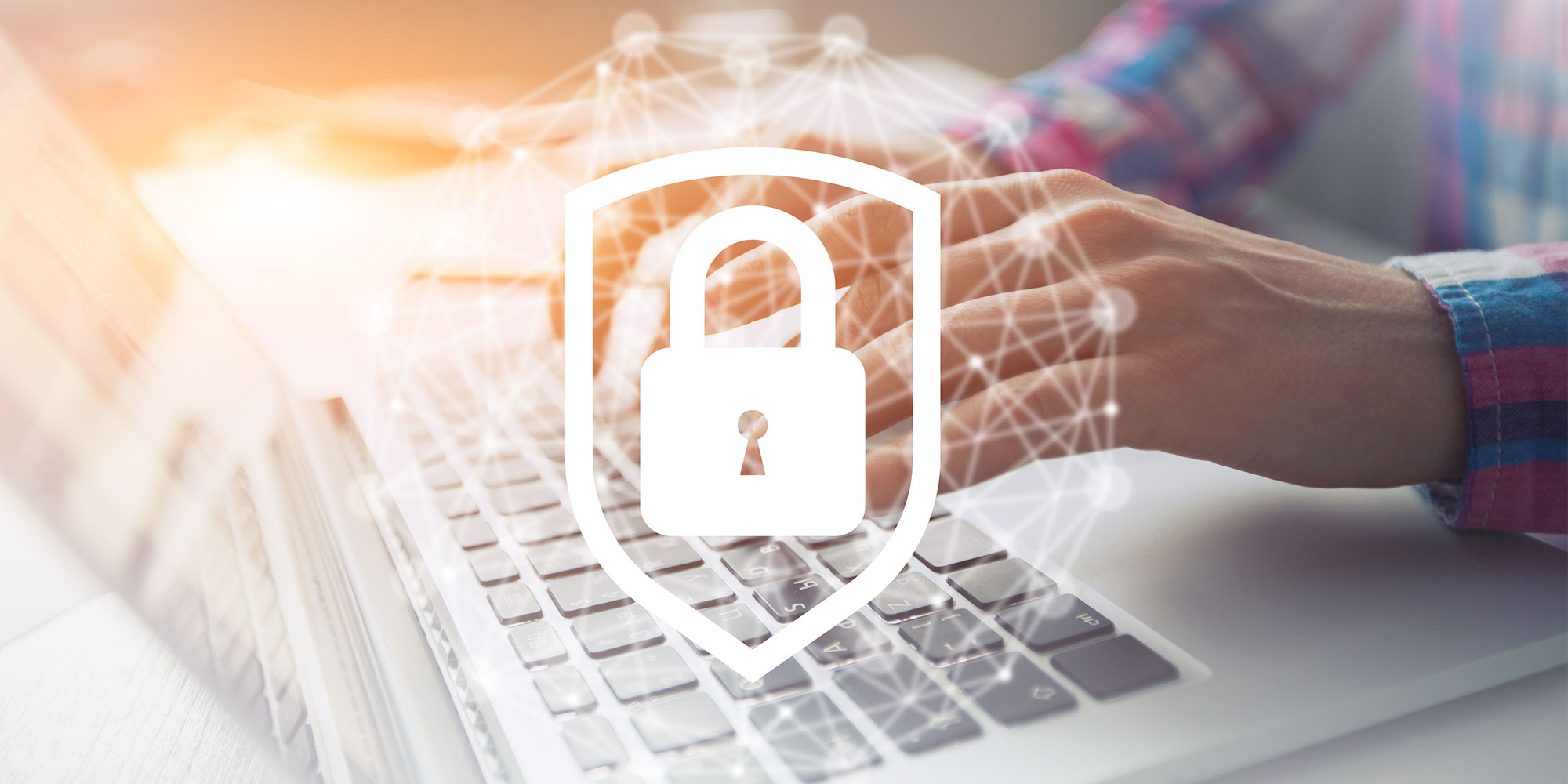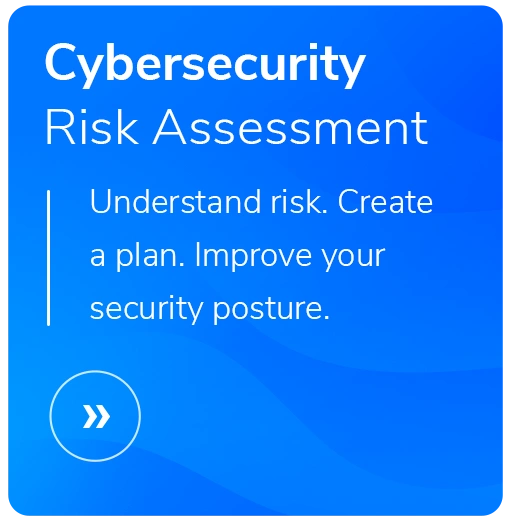The Importance of Email Encryption
- Written by: Dave Nelson and Sammi LaBello

As a business, you have access to a lot of customer and vendor information. While many companies take this responsibility very seriously, not everyone is doing all they can to ensure security. One way that some businesses fall short is by not encrypting emails on a regular basis, or at all. In this article we’ll explain the importance of encryption, and how you can start securing your emails now.
What is Email Encryption
Email encryption is sort of a disguise for your correspondence with clients and coworkers. Encryption software turns your text, documents, and other data into scrambled code in the eyes of anyone trying to gain unauthorized access. Some describe the encryption process as creating another language. When a third party tries to open the document, all they will see is a jumble of letters, numbers, and symbols.
Encrypting emails ensures the only person who can read your message legibly is the person you intended to receive it. To anyone else who tries to intercept your email it will look like nonsense. Hackers will often try to intercept emails from businesses because they know those can contain very sensitive and valuable information. Without encryption, even the smallest companies are targets for criminals looking to gain information through this method of communication.
Rights management can also protect data within an organization by requiring a single sign on (SSO) account, such as a Microsoft 365 or Google login, to view and reply to emails. This can add a layer of protection by requiring users to have access to that account before having access to sensitive information. While this does include normal web encryption, it does not use typical encryption methods for the messages themselves. Therefore, this technique should be used in addition to traditional email encryption.
However, when used together, businesses can restrict access to sensitive information while also using string encryption to keep emails safe while in transit or while stored. If employees leave the company, businesses can have more confidence that emails can only be read with a valid account.
Risks of Not Encrypting
The dangers of not encrypting emails are numerous. Not only do you put your clients’ information at a higher risk of being leaked, but you also put your own business at risk. If a criminal were to access private information on your client or your company, they may try to use that information for extortion. They could also utilize certain details found to try and access other areas of your company. With the right data, a threat actor can gain access to systems that are configured securely.
Business owners also need to implement encryption when it is required by an agreement with a customer or vendor. Several compliance frameworks such as PCI-DSS and regulations such as HIPAA require the use of encryption. This is essential when the nature of the information requires a higher degree of security. Information such as personal information, bank data, and other private details about an individual can be used to attempt other scamming methods or hacks into private accounts. Even the smallest detail may be the information a criminal would need to figure out a username or password to a secured account.
It’s not just clients you should be considering. Encryption is also advised when handling private information of employees. Documents containing health insurance information or financial records need to be protected. It’s in the best interest of your entire firm to be cautious and secure when handling any private data.
Encrypting all email messages as a default, standard practice makes the task of finding sensitive information more daunting to hackers. Going through a long list of emails, one-by-one, will make the job of finding valuable information more time consuming. This tedious task could be enough to cause some hackers to give up more quickly.
Full Security
Creating a safe environment for your staff and customers means considering all aspects of security. Neglecting cybersecurity can be detrimental to your business. Taking the time to protect all data, especially that which is sent through emails, could be the layer of protection your organization is missing.
If you have any other questions about the cybersecurity of your company, contact the experts at HBS today.






